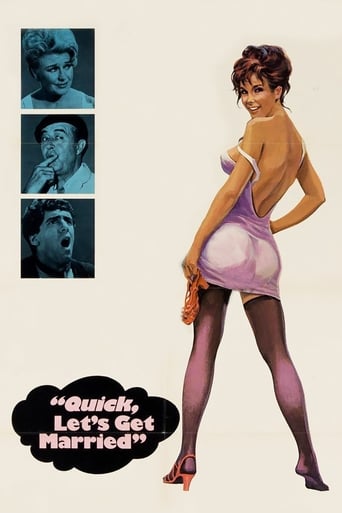
01 Jan 1964

Quick, Let's Get Married
Madame Rinaldi, owner of a bordello, helps thief Mario Forni locate an ancient buried treasure.
The trumpet player, Jonah, moves into the remains of his grandfather's house near where the treasure is hidden. In a tunnel under the house he finds a stone with a bird engraved on it and a map with an inscription in Arabic: "To have a house of gold, fall onto the sky and find the twin!" A copy of the same map brings Rumba and Emma to the same place. Rumba is Bulgarian and a passionate treasure-hunter. His wife is American and studies Bulgarian folklore as a way to fight globalization. Rumba wants to buy Jonah's property so he can find the treasure.

Yona
Emma
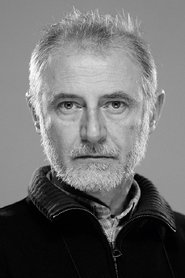
Rumbata

Anani

Ivanka

The Goat (voice)

01 Jan 1964

Madame Rinaldi, owner of a bordello, helps thief Mario Forni locate an ancient buried treasure.
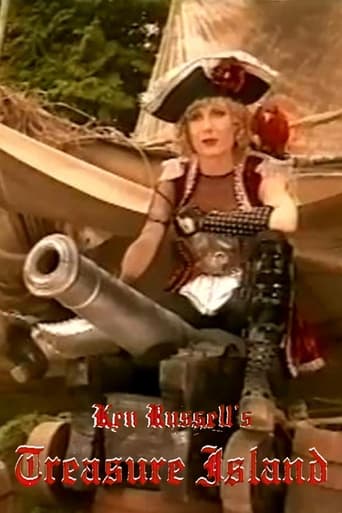
27 Sep 1995

Enchanted by the idea of locating treasure buried by Captain Flint, Squire Trelawney, Dr. Livesey and Jim Hawkins charter a sailing voyage to a Caribbean island. Unfortunately, a large number of Flint's old pirate crew are aboard the ship, including Long Jane Silver.
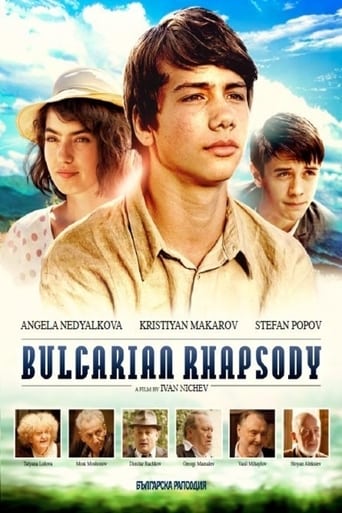
04 Mar 2014

The story of two adolescents, Moni and Zhozho, who meet 17-year-old Zheni in 1943 and with whom both fell in love. The events that follow unfold while Bulgaria has to decide on the deportation of 11 343 Jewish citizens in Macedonia and Thrace.
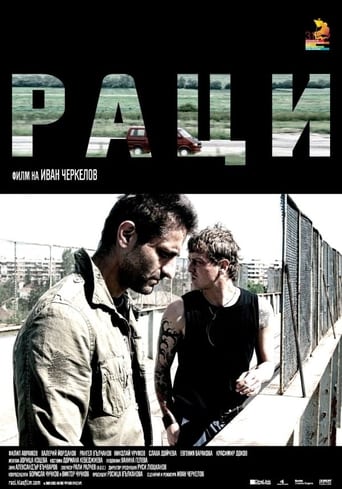
30 May 2010

Two best friends get involved into the domination games of two mafia bosses in post-communist Bulgaria. Clutching like crayfish to the baits of everyday life, they determine their fates: without the other one knowing, they are manipulated to take seemingly harmless tasks. Parallel to the criminal line in the story, our attention is drawn toward the inner problems of the characters, toward the links that exist between everything and everyone. The two friends try fruitlessly to establish a dialogue. A dialogue about relationships, about death, about responsibilities, about the essence…
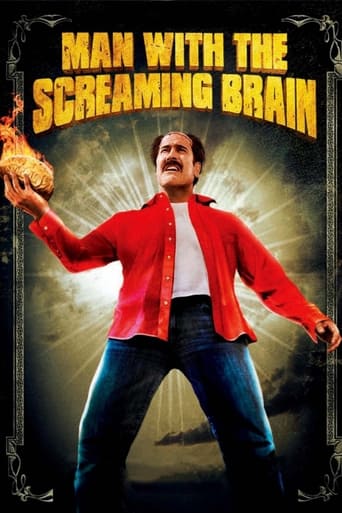
03 Apr 2005

The brains of a Russian taxi driver and a wealthy businessman are brought together in one body by a mad scientist.

16 Oct 2009

Two estranged brothers are brought together when they have opposite roles in a racist beating: while Georgi who's recently joined a neo-nazi group participates in the violence, Hristo witnesses and rescues a Turkish family. Only by reuniting will the two brothers be able to assess what they really want from life.
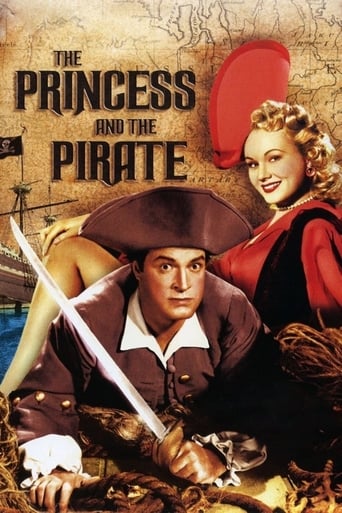
17 Nov 1944

Princess Margaret is travelling incognito to elope with her true love instead of marrying the man her father has betrothed her to. On the high seas, her ship is attacked by pirates who know her identity and plan to kidnap her and hold her for a king's ransom.
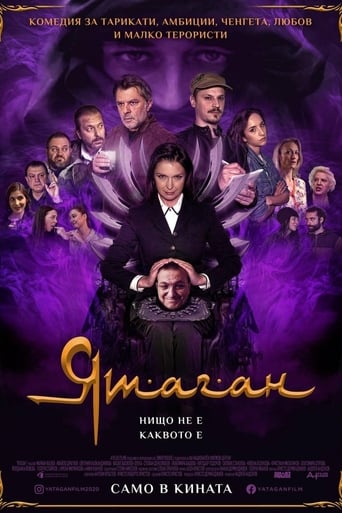
03 Feb 2022

A police inspector frames an innocent boy as terrorist, but is later forced to conspire with his victim as both create an intricate web of lies to steal money from the incompetent government bodies.
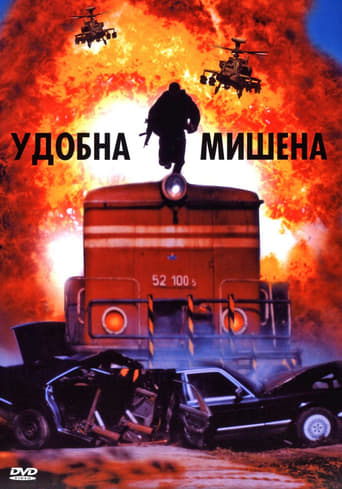
26 Jul 2005

Jim Jacobs and Nick Carlton, childhood friends, are CIA operatives on a sting operation in Chechnya. The raid of a rebel militia group goes bad and the entire teams gets wiped out except for Jim and Nick, who manages to save them both. Five years later, they are out of the CIA game.
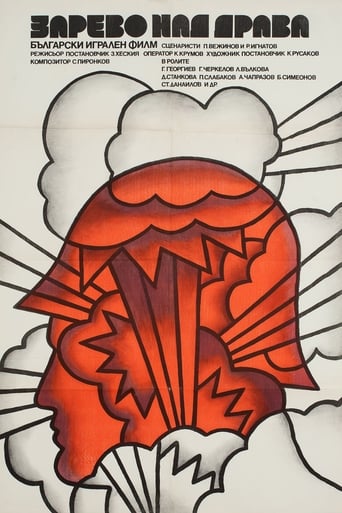
15 Mar 1974

In 1944 Bulgaria switches sides and joins the war against Germany. The story focuses on the advance of the Bulgarian army through Yugoslavia and Hungary, as well as its internal struggles.
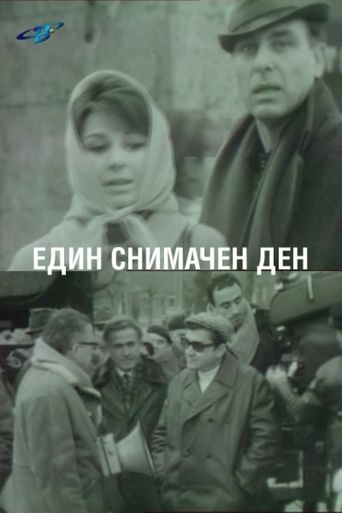
09 Apr 1969

Shooting of a picture: to those, familiar with only from the screen, it is a entertainment. So, in a quiet Sofia street, a shooting crew starts their work. Bypassing begin to throng, curious people are looking out of the windows of the surrounding buildings. A scene is being shot of s short dialogue between the protagonists. It goes wrong all the time and is never complete. The mess gets beyond the comical, the true relations between the members of grew show and they do not look that excellent. At long last, the final scene is shot and the street is quiet again.

24 Mar 1973

During World War 2, four soldiers are trapped between a harsh winter and the enemy. They need food and shelter, but this comes at the expense of their position. With no where else to turn, they begin an odyssey through the mountains.

16 Oct 1996

The last days of World War I, Eastern front. Captain Conan, a lone wolf, a true warrior, leads a band of ruthless French fighters who love hand-to-hand combat; they are not fit for peacetime, they only feel really alive in the chaos of the battlefield.

01 Mar 1985

Assaulted by outlaws, donkey-riding Rosie joins a silent drifter's search for gold in the Old West.
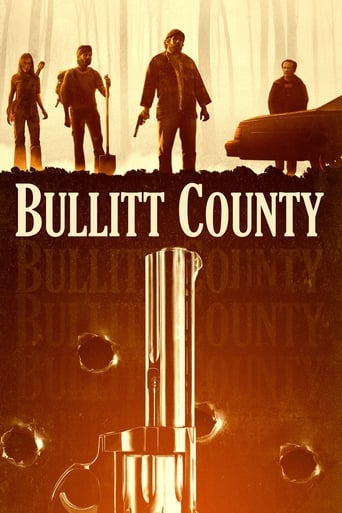
26 Oct 2018

An action/thriller set in 1977 about four friends who reunite for a bachelor party to hunt for buried Prohibition money on Kentucky's Bluegrass Bourbon Trail, only to become ripped apart by greed, corruption, and murder.

08 Sep 2015

On 3 April 2004, during the holiday of Ashura, Iraqi rebels loyal to Shiite leader Muktada As-Sadr, launched an insurgency in the Polish zone. The Poles, together with Bulgarian soldiers and Iraqi police, were given the task of defending City Hall, led by Lieutenant colonel Grzegorz Kaliciak. The clash developed into the biggest Polish engagement since World War II. Not a single allied soldier died, although about 80 insurgents were killed in a counter-attack.
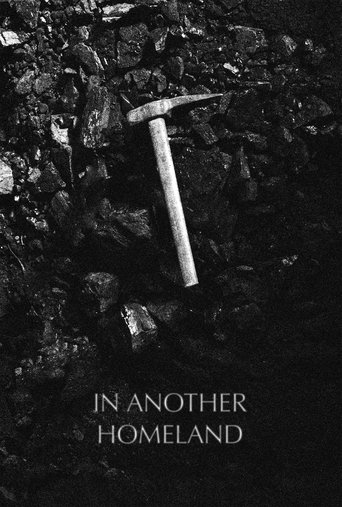
08 Sep 2025

Deep underground, a coal miner and his young assistant make a discovery that slowly unravels the course of their bond. What was buried begins to surface and nothing will ever be the same.
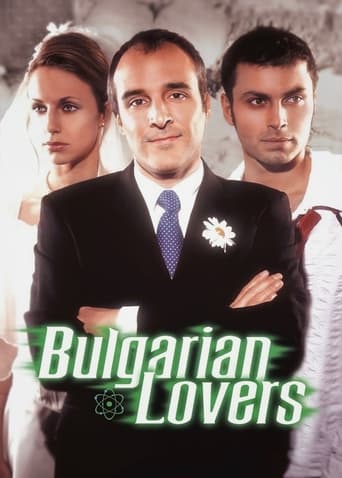
30 Apr 2003

Graying Spaniard Daniel has a healthy budget for indulging in the finer things in life. Daniel's favorite luxury is playing sponsor to younger men amid the lights and sights of Madrid's gay club scene. After Daniel shares a night with handsome Bulgarian emigre Kyril, he finds himself consumed with an insatiable lust for the charismatic foreigner. But, as their relationship takes shape, Daniel's latest conquest reveals his own manipulative tendencies.
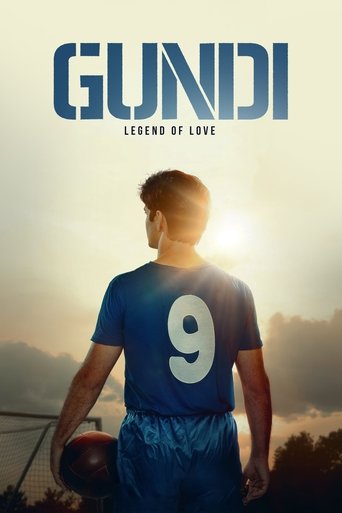
18 Oct 2024

The great Bulgarian football player Georgi Asparuhov and his greatest love - his wife Lita go through a number of trials of life, football and the political system.
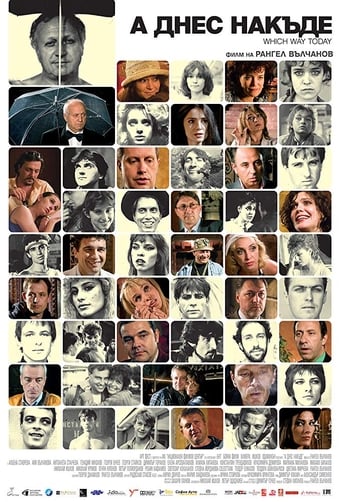
03 Jul 2007

During an imaginary actors exam, in order to choose the best, the jury utilizes immoral ways of selection – spying, making conflicts, humiliating the applicants – in short, taking advantage of its power.